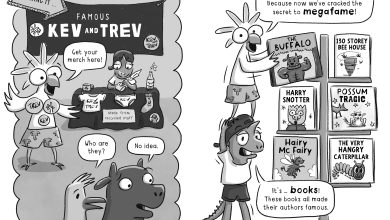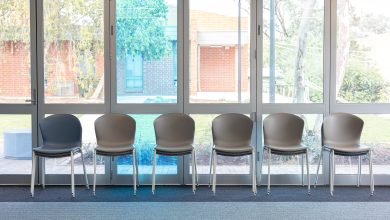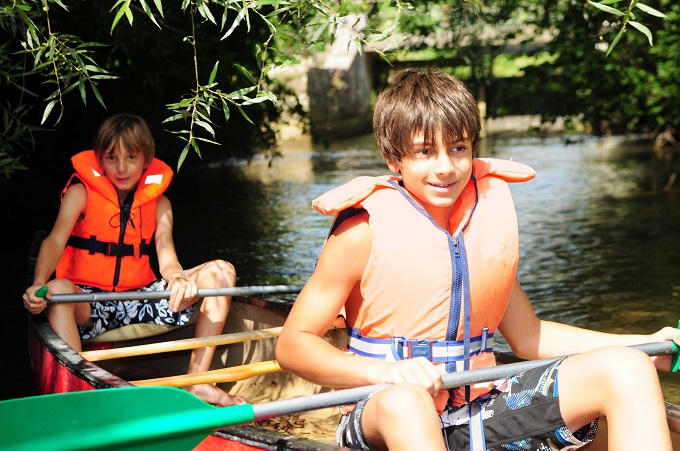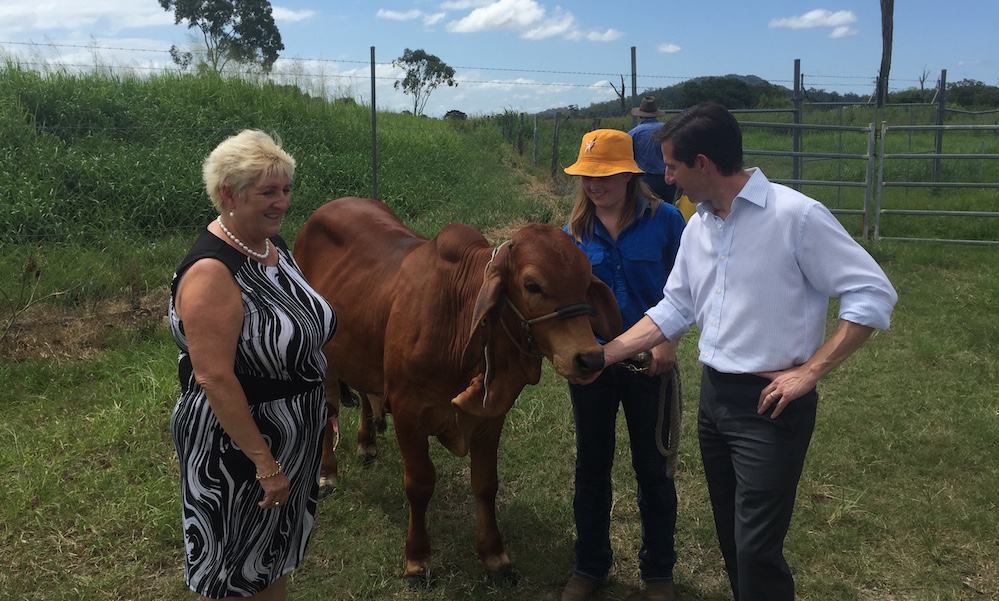Food hacks for busy teachers who need all the energy they can get

Teaching is a taxing profession, with sustained mental and emotional energy expended all day. Mood is vital to the smooth running of a classroom, with children behaving like little sponges, absorbing whatever discord you allow to escape from beneath your chirpy disposition.
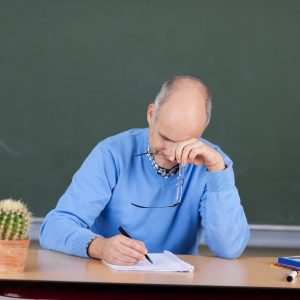
Teachers know they work hard, and they know they need some balanced nutrition to get them through day. The fact remains that most teachers work 70 plus hours per week, making it hard to focus on preventative measures for stress, exhaustion and sugar (and coffee – but nobody would dream of suggesting you stop that one) dependence at work.
You’ve started making better food choices for yourself. You’ve read books, watched ‘real food’ films and had some ‘aha’ moments about your own health. You’ve made changes in your own diet and you feel much better.
Standing at the foothills of the climb to health can seem daunting. All sorts of reasons why you can’t deal with necessary diet changes can parade through your head like a picket protest with each grim prediction plastered on their signs.
- How will I cope when I’m so busy?
- It’s too hard.
- It’s expensive.
- I will be hungry.
A school culture of healthy eating can trickle down beautifully to the students, whose behaviour will likely benefit from better fuel for their tanks. ‘Do as I say, not as I do’ is a nice thought, but students will be less likely to embrace a healthy eating culture and a school wide nutritious food commitment if you are spooning Nutella from a jar for an energy boost…
Here are a few small changes that might make an enormous difference to you, your family, and when implemented at a school level, your whole school community.
1. Crackers and dip. Crackers can vary wildly. Some are made of GM wheat, some are fried, some have ingredients lists that contain more numbers than words. Choose something simple, with food ingredients instead of science experiment ingredients.
2. A cake can be a heart-starter or it can be relatively nutritious. And I’ll tell you a secret, kids don’t actually notice if you cut the sugar in half, or even replace it with honey. 1/3 of a cup of honey is plenty for an average sized cake. You can also add an egg or two for extra protein. They won’t notice. I promise and that in-class party need not result in sugar fuelled mayhem.
3. Cook with coconut oil. You can use coconut oil for any cooking, and replace butter in recipes 1:1. Nobody ever notices. The healthy fats keep you full for longer, and train your body to access energy from fat rather than sugars – the oil also has antimicrobial properties.
4. Wean everyone you meet off flavoured yoghurt. Just do it. You can replace the little tubs with some containers to fill up and find a whole milk plain unsweetened yogurt with some probiotic power that isn’t nullified by the sugar content. Yogurt is already sweet. Add honey or maple syrup in ever decreasing amounts and wean, wean, wean! Paris Creek Swiss Style Yogurt is sweet tasting, Australian owned and made, and contains “no artificial flavours, no artificial thickneners, and live A. B, C. cultures.”. It is also made from whole milk instead of milk powder.
5. Pizza. Make it yourself. It really doesn’t take long and you can take slices into school for a delicious treat. Take an avocado with you and ‘butter’ it with avocado for some extra brain food that will fill you up till dinner time. The ingredients purchased at your local pizza place are likely bought as cheaply as possible, in bulk and will contain more numbers than your bank statement. You will also know there aren’t ten teaspoons of sugar in the tomato base, and that the ham is good quality. You can mix things up a bit and add goat’s cheese for a rest from cow dairy protein.
6. Smoothies are all about proportions and ingredients. If you all process dairy well, then use full fat unhomogenised milk. Keep the milk content down and let the water content of the fruit give you their liquid. Choose low sugar high antioxidant fruit like blue berries as well as the trusty banana. And for a secret ingredient that makes a breakfast smoothie suddenly worthwhile…a raw egg for an extra protein hit. Pour it into a smoothie cup and pop it in the staffroom fridge for lunch. There are also cups with freezable outer layers on the market that would allow you to keep it on your desk like a life-line.
7. If you haven’t already, buy some decent bread. Find a local sourdough baker, and release yourselves from preservatives, baker’s yeast, and depending on the bakery you uncover, over-refined white flour. It really isn’t healthy and it doesn’t fill you up. My mother used to call it “cotton wool bread”, and while I rolled my eyes in pre-adolescent disapproval back then, well, she was right.
I hope you’ve enjoyed my humble advice. I’m by no means a qualified anything-ist. I am an enthusiastic and experienced eater, though. I love my food and I love working out ways to keep my tastebuds happy, while fuelling my thought and activity in a sustained and satisfying manner.


